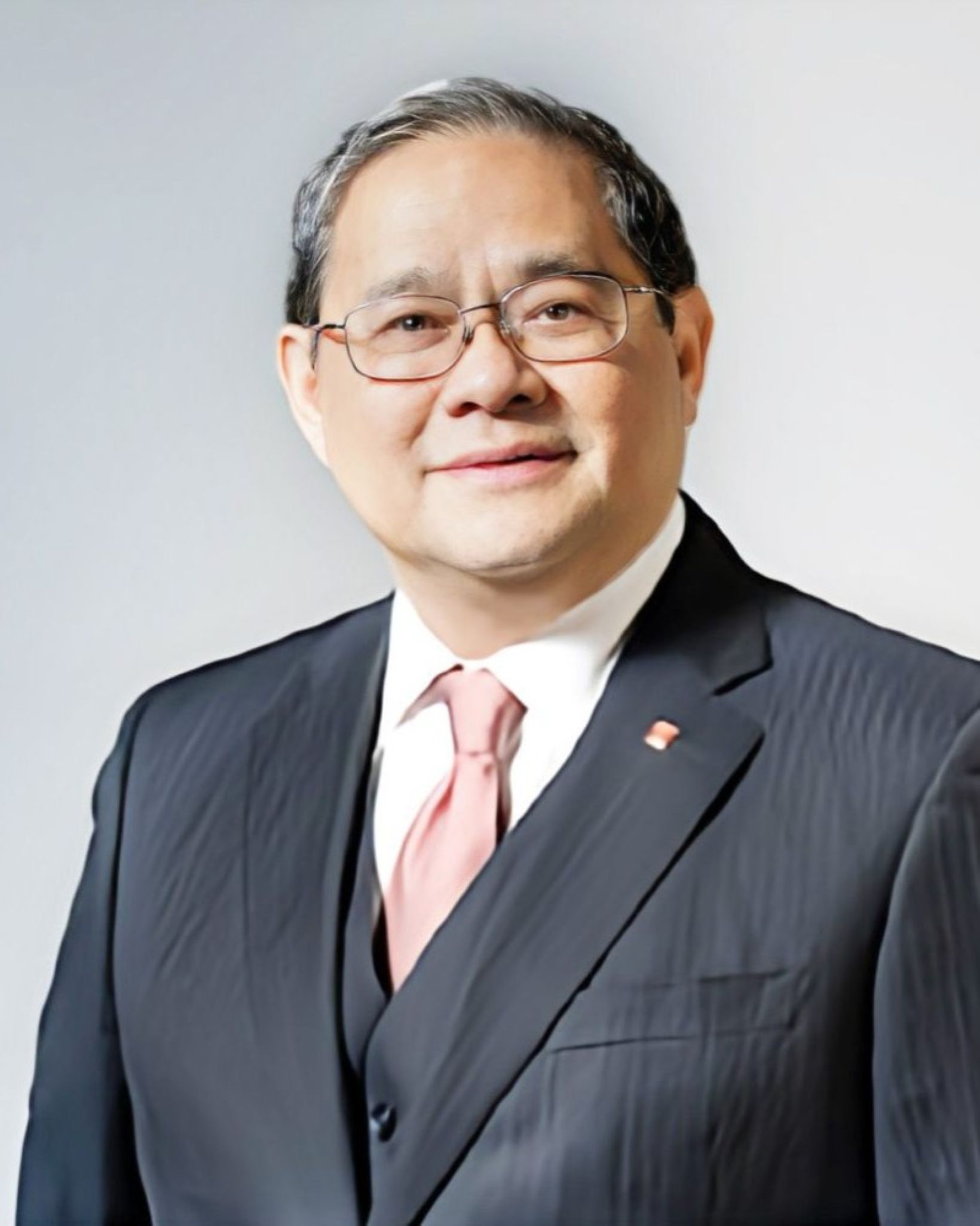Chinese Investors Are Pulling Back From French Luxury Brands
The enduring value of heritage and the capitalization on craftsmanship continue to drive Chinese groups to acquire French luxury brands. However, concerns over management practices and stricter capital controls by the Chinese government are curbing their enthusiasm. An in-depth investigation.
After a peak in acquisitions between 2010 and 2018, we have observed a slowdown due to stricter controls on investments outside China
Bruno Grangier, Partner at Leaf Legal
Chinese investments abroad have reached unprecedented levels—over €130 billion to date. France remains a prime destination, ranking as the second most attractive European country for Chinese investors, with over €15 billion injected into its economy in less than two decades, according to data from the American consultancy Rhodium Group. “For the past decade, the rise of an affluent middle class in China has fueled an exponential demand for luxury products, particularly French ones,” explains Bruno Grangier, Partner at Leaf Legal, a law firm based in Paris and Shanghai that advises key industry players. “These brands offer unmatched prestige and craftsmanship, particularly in high-end artisanal work, which naturally attracts Chinese investors. Their preferred targets include vineyards, high-end real estate—especially hotels—and fashion brands.”
Luxury: A Resilient Sector that Attracts Chinese Investors
In recent years, numerous Chinese groups have taken over some of France’s most prestigious luxury brands, including ST Dupont, Lanvin, Club Med (Fosun), Clergerie, Rykiel, Carven, and SMCP (Sandro, Maje, Kooples), as well as publishing house Editions Jalou. More recently, Fortune Fountain Capital acquired Baccarat, while HNA, the holding company of Hainan Airlines, purchased several luxury hotels in French Polynesia. “Acquiring iconic brands allows Chinese investors to capitalize on this trend while benefiting from artisanal expertise and a historical legacy that is difficult to replicate locally,” adds Bruno Grangier. “It is also a way for them to diversify their international assets in a sector that remains relatively resilient to economic downturns. Some investors have sought to acquire brands in France to expand them in the Chinese market. Max Mara, for instance, has significantly strengthened its presence in China thanks to Chinese investments.” While this interest is not new, the strategies behind these acquisitions have evolved over time.
Newsletters
Cet article vous plaît ?
Inscrivez-vous à nos newsletters pour recevoir les dernières publications et analyses selon nos 4 thématiques:
Mixed Fortunes for Acquisitions


Pour continuer à lire cet article, abonnez-vous maintenant
CHF 10.- par mois / CHF 99.- par année
- Accès illimité à tous les contenus payants
- Des analyses approfondies sur l'industrie du luxe que vous ne trouverez nulle part ailleurs.
- Des études et rapports sur les principaux défis à venir ainsi que leur décryptage.
- Des articles académiques élaborés par des professeurs et des doctorants membres du Swiss Center for Luxury Research, ainsi qu’un certain nombre d’universités à l’étranger.
- Des événements réservés aux membres pour enrichir vos connaissances et votre réseau.
Partager l'article
Continuez votre lecture
Noè Ponti: “I Feel a Powerful Hunger for Victory”
Swiss swimmer Noè Ponti (23), a triple world champion and holder of two world records set in Budapest last December, is intensely preparing for the World Championships in Singapore this July. The Omega ambassador reflects on his recent athletic journey, which has profoundly transformed him.
Dupes: What are the Legal Actions Available To Protect Luxury Brands?
With the rise of “dupes”, luxury brands are facing new legal challenges. While explicit copies fall under counterfeiting and criminal law, “dupes” fall into the category of commercial parasitism, a more nuanced concept in French law. Delphine Brunet-Stoclet, an intellectual property lawyer, provides insight.
Newsletters
Cet article vous plaît ?
Inscrivez-vous à nos newsletters pour recevoir les dernières publications et analyses selon nos 4 thématiques: